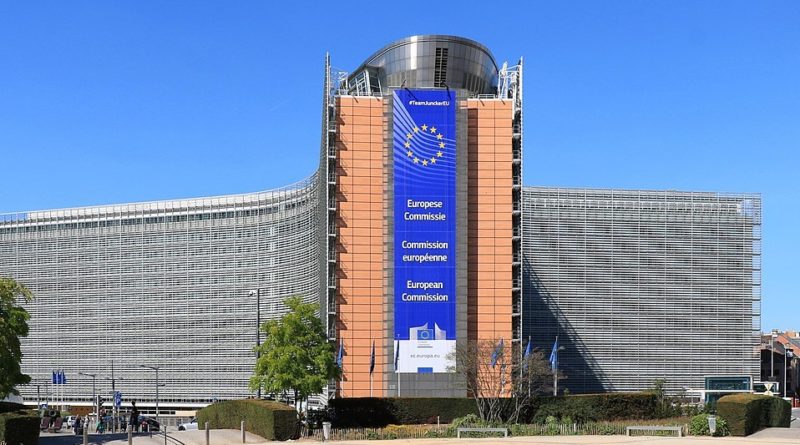Morocco dropped from EU’s money laundering list
Morocco has been removed from both the Financial Action Task Force (FATF) grey list and the European Commission’s watchlist of high-risk countries. The European Commission’s decision, announced recently, not only signifies a significant achievement for Morocco but also paves the way for increased foreign investment and instills greater confidence in the Kingdom among potential investors.
The European Commission regularly revises its list of high-risk countries, taking into account recommendations from global financial crimes watchdogs such as the Financial Action Task Force. By adhering to the Force’s action plan, Morocco successfully addressed the identified deficiencies in its AML/CFT system, thereby eliminating the risks associated with money laundering and terrorism financing.
This removal from the watchlist has important economic implications for Morocco, facilitating the smooth flow of capital in and out of the country and alleviating any potential disruptions to financial transactions. Moroccan economy relies heavily on trade with the EU.
The EU is Morocco’s largest trade partner, accounting for for more than half of its goods trade. In 2019, two thirds of Morocco’s exports go to the EU, and half of its imports come from the EU. Morocco also relies heavily on gas imports from Spain, and investments from EU partners.
While Morocco’s removal from the watchlist eliminates potential countermeasures or enhanced due diligence measures, which can have negative economic impacts, it primarily signifies Morocco’s status as a reliable country that has made substantial improvements in its anti-money laundering system. The positive outcome serves to enhance Morocco’s economic standing and reinforces its political reputation as a nation dedicated to enhancing its financial transparency and combating financial crimes.
In addition to Morocco, other countries in the region, such as Jordan, South Sudan, the United Arab Emirates, and Yemen, remain on the European Commission’s watchlist due to their deficiencies in combating money laundering and terrorist financing.
The European Commission also added two African countries, South Africa and Nigeria, to its watchlist. This decision was based on information provided by the FATF, as well as the changes implemented during the FATF Plenary in February 2023.



